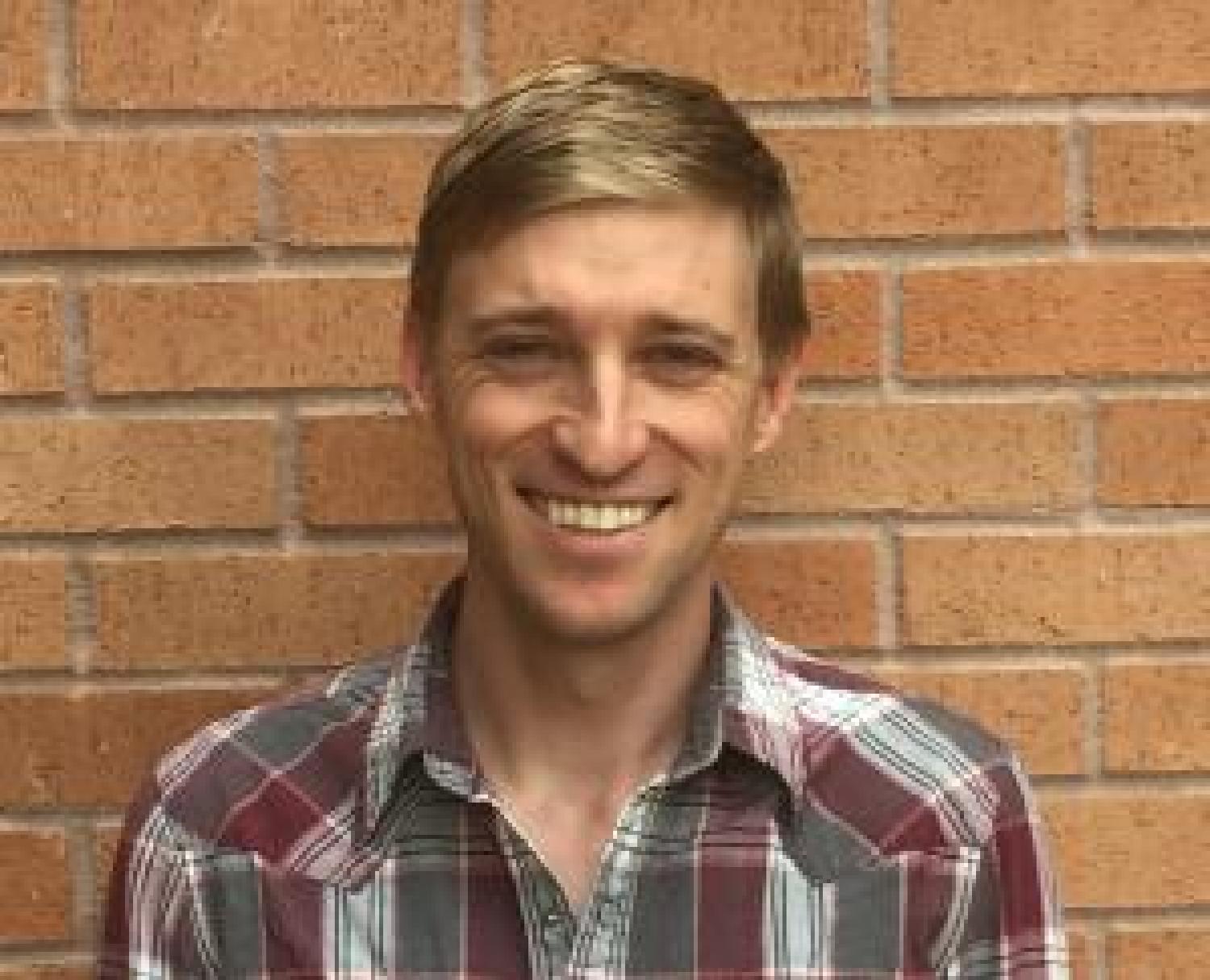Luke Evans
- Assistant Professor
- Ph.D., Northern Arizona University, 2012
- EBIO/ IBG
Research Interests
1. Methods for estimating heritability and investigating genetic architecture of complex traits. Recent work focuses on the heritability and genetic architecture of human psychiatric disorders, including identifying genetic variants that contribute to disorder liability, understanding gene-by-environment interactions, and testing how these factors influence risk prediction.
2. Selection and adaptation. Identifying quantitative and molecular signatures of selection, both recent positive selection and purifying selection. Using large-scale reciprocal transplant experiments to test gene-by-environment interaction hypotheses and to understand how environments shape complex traits. Much of this work has been with the ecologically and economically important tree genus, Populus, but also with Salix.
Information
Institute for Behavioral Genetics Website
If you are interested in joining the lab, please see the information on the lab website.
Undergraduates interested in the EBIO honors program who are interested in statistical and quantitative genetics should contact Dr. Evans about possibilities.
I am happy to work with undergraduates, graduates and postdocs to obtain funding as well. Some internal funding programs include:
Summer Multicultural Access to Research Training (SMART) Website
UROP Website
Biological Science Initiative Scholars Website
Chancellor's Postdoctoral Fellowship Website
Selected Publications
List from Google Scholar
Evans, LM, R Tahmasbi, SI Vrieze, G Abecasis, S Das, D Bjelland, T DeCandia, Haplotype Reference Consortium, ME Goddard, BM Neale, J Yang, PM Visscher, MC Keller. 2018 Comparison of methods that use whole genome data to estimate the heritability and genetic architecture of complex traits. Nature Genetics. 50:737-745. DOI: 10.1038/s41588-018-0108-x. PMC5934350
Evans, LM, R Tahmasbi, SI Vrieze, G Abecasis, S Das, D Bjelland, T DeCandia, Haplotype Reference Consortium, ME Goddard, J Yang, PM Visscher, MC Keller. In press. IBD haplotypes can account for the missing heritability of complex traits in homogeneous samples. Heredity. DOI:10.1038/s41437-018-0067-0.
Evans, LM, MC Keller. 2018. Correspondence: Using partitioned heritability methods to explore genetic architecture. Nature Reviews Genetics. DOI:10.1038/nrg.2018.6
Johnson, EC, LM Evans, MC Keller. 2018 Relationship between estimated autozygosity and complex traits in the UK Biobank. PLoS Genetics. 14(7):e1007556. DOI:10.1371/journal.pgen.1007556.
Evans LM, GT Slavov, E Rodgers-Melnick, J Martin, P Ranjan, W Muchero, AM Brunner, W Schackwitz, L Gunter, J-G Chen, GA Tuskan, SP DiFazio. 2014. Population genomics of Populus trichocarpa identifies signatures of selection and adaptive trait associations. Nature Genetics. 46:1089-1096. DOI:10.1038/ng.3075
Evans, LM, S Kaluthota, DW Pearce, GJ Allan, K Floate, SB Rood, TG Whitham. 2016. Bud phenology and growth are subject to divergent selection across a latitudinal gradient in Populus angustifolia and impact adaptation across the distributional range and associated arthropods. Ecology and Evolution. 6:2565-4582. DOI:10.1002/ece3.2222
Evans LM, GJ Allan, SP DiFazio, GT Slavov, JA Wilder, SB Rood, KD Floate, TG Whitham. 2015. Geographical barriers and climate influence demographic history in narrowleaf cottonwoods. Heredity. 114:387-396. DOI:10.1038/hdy.2014.115



